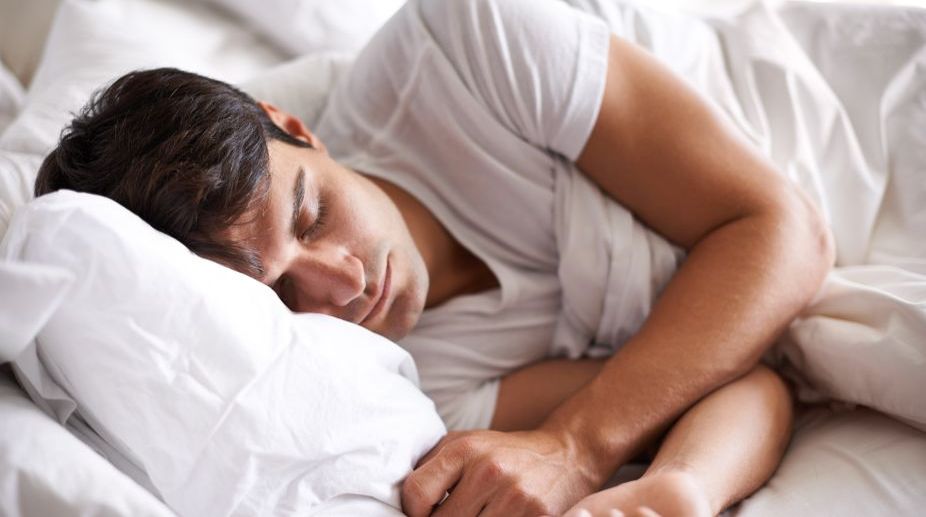8-hour sleep boosts language learning too, says study
Eight-hour sleep every night not only rejuvenates the body but also helps brain to store and learn a new language, according to a new study.

(Photo: Getty Images)
Teens have naturally delayed sleep rhythms which cause them to wake up late, say Harvard scientists who suggest that delaying school start times could help minimise health risks among students.
The sleep rhythms that reflect circadian systems peak later in teenagers than in adults, and vary as much as 10 hours in individuals across ages, researchers said.
Advertisement
People's circadian systems synchronise with light and darkness in the environment, giving rise to chronotypes: individual rhythms in physiology, cognition and behaviour.
Advertisement
For example, people with early chronotypes have earlier sleep times, while those with late chronotypes have later sleep times and can sleep into the day.
Researchers from Harvard T H Chan School of Public Health in the US analysed self-reported data from 53,689 respondents of the American Time Use Survey from 2003 to 2014.
They used the mid-point of sleep on weekends as a proxy for chronotype.
They found that sleep chronotypes vary widely, both over an individual's lifetime among age groups as well as among individuals. The greatest difference in chronotypes is during adolescence and early adulthood.
Chronotypes become later during adolescence, peaking in lateness at about age 19. The average chronotype, or mid-point of sleep, at age 17-18 was 4:30 am, compared to 3:00 am at age 60.
Most public schools start at 8:30 am or earlier, suggesting that high school students go to school during their biological night.
The research supports delaying school start times to benefit the sleep and circadian alignment of high school students.
Researchers also found that chronotypes vary up to 10 hours from individual to individual regardless of age.
This may provide opportunities for tailoring work schedules to chronotypes, which is important because syncing workers with their optimal work times could help minimise health and safety risks.
“The timing for optimal sleep can be as different as ten hours among individuals, meaning that opposite chronotypes could share a bed without knowing that they do,” researchers said.
“What chronotype you are, is influenced by age and gender: on average, older people are earlier chronotypes than younger people and women are earlier chronotypes than men during the first half of their lives,” they said.
Advertisement